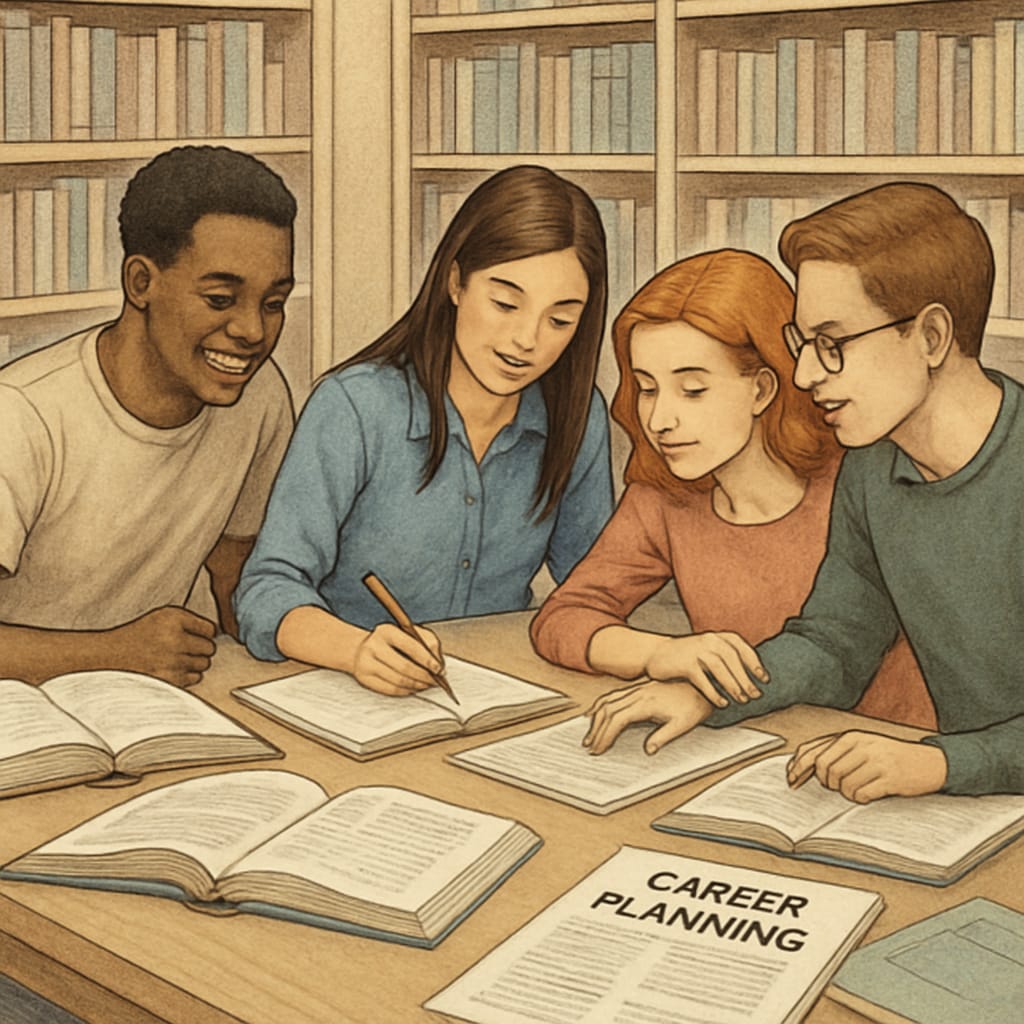Returning to academia after dropping out of college presents unique challenges, particularly when students must balance their personal passions with practical career prospects. The dilemma of choosing between pursuing an area of interest and prioritizing future employability can feel overwhelming. This article delves into effective strategies for academic planning, professional development, and aligning educational decisions with individual aspirations.
Understanding the Dilemma: Interests vs Career Prospects
College dropouts often encounter conflicting priorities when deciding on their next steps. On one hand, pursuing a field of interest can lead to greater personal satisfaction and motivation. On the other hand, choosing a profession with high employability can provide financial stability and long-term security. Striking the right balance between these two objectives is crucial but challenging.
- Personal Interests: These often stem from hobbies, creative pursuits, or natural talents. While fulfilling, they may lack immediate job opportunities.
- Career Prospects: Certain fields, such as technology or healthcare, offer clear paths to stable employment and higher earning potential but may not align with an individual’s passion.
- External Pressures: Family expectations, societal norms, and peer influence can further complicate decision-making.
Understanding these dynamics is the first step toward making an informed choice. For example, examining one’s values and long-term goals can provide clarity. According to Career Development on Wikipedia, aligning personal interests with professional opportunities can lead to greater satisfaction and success.

Practical Strategies for Academic Planning
Once the initial dilemma is recognized, students can use structured approaches to guide their decisions. Below are actionable strategies:
- Research Potential Fields: Explore industries that align with both passion and market demand. Conduct informational interviews or attend career fairs to gather insights.
- Assess Transferable Skills: Identify skills developed during previous academic or work experiences that can be applied to new fields.
- Seek Guidance: Consult academic advisors, career counselors, or mentors for personalized recommendations.
- Consider Hybrid Options: Look for interdisciplinary programs that combine creative interests with practical applications, such as digital marketing or environmental design.
Additionally, tools like online career assessment tests can help students identify potential matches between their abilities and job markets. For an example, see Career Development on Britannica.

Balancing Passion and Professional Goals
Aligning educational choices with both passion and career prospects may require compromise, but it’s achievable. Consider these guiding principles:
- Short-Term vs Long-Term Goals: Weigh immediate satisfaction against potential future benefits, such as high earning potential or job security.
- Experimentation: Take elective courses or internships to explore interests before committing to a major.
- Continuous Learning: Remember that education doesn’t end with a degree—skills can be developed throughout life to adapt to changing job markets.
Ultimately, the key lies in maintaining flexibility and keeping an open mind. A well-thought-out decision-making framework can reduce stress and promote confidence in one’s path forward.
As a result, students who are able to balance their interests with realistic goals often report greater overall satisfaction in both their academic and professional lives. This approach ensures that education remains a tool for personal growth and career success.


